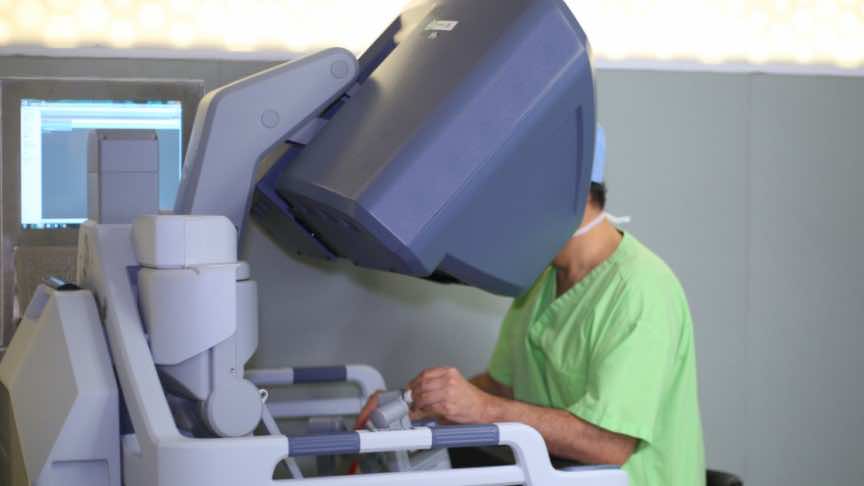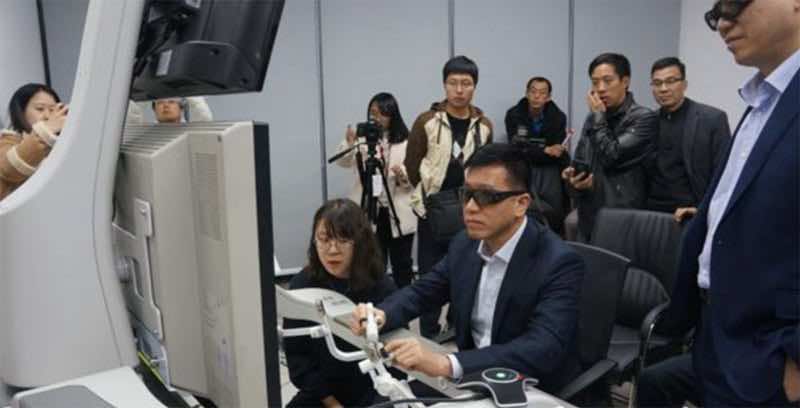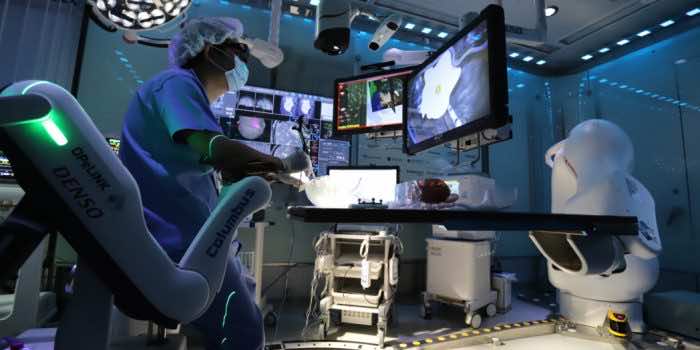Looks like we missed something astonishing the happened back in 2019. That’s right, the world’s first-ever remote brain surgery. A Chinese surgeon collaborated with Huawei and China Mobile to perform a brain surgery almost 3,000 km away from the patient. This was the first-ever remote brain surgery in history. So it deserves a retelling.
The original report was made by China Daily, back in 2019. According to the report, a patient with Parkinson’s disease had the country’s first 5G-based remote surgery on a human brain. Since then similar operations have been performed throughout China owing to the lightning-fast speeds 5G can provide, reducing any delay to mere microseconds.

The operation was performed by Ling Zhipei, the chief physician of the First Medical Center at PLAGH. He got help from China Mobile and Chinese technology giant Huawei, China’s PLA General Hospital or PLAGH performed the operation using 5G technology. The operation consisted of implanting a deep brain stimulation or DBS device in the patient’s brain to help control and mitigate Parkinson’s symptoms.
The operation was 3 hours long and was performed remotely. Ling talked about the events leading up to the surgery, saying that “I take turns working in Beijing and Hainan, and the operation took place during my Hainan rotation. A patient with Parkinson’s in Beijing needed surgery and couldn’t fly to Hainan”. He spoke about the wonders of 5G saying that “The 5G network has solved problems like video lag and remote control delay experienced under the 4G network, ensuring a nearly real-time operation. And you barely feel that the patient is 3,000 kilometers away”.

The success of this remote surgery was a major breakthrough for telemedicine in China. It has led to advancements in remote observation, consultation, and guidance to operation. AI robots could also make their way into a hospital’s medical workforce in the near future checking patients’ vitals, monitoring, or even performing surgery.
5G is pretty great but it will still take few years for the technology to become widespread. Not to mention the battery drain it has on mobile devices.


